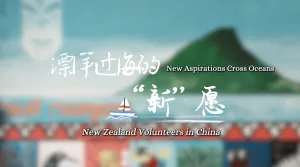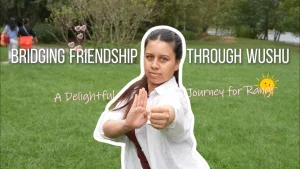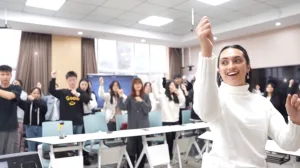Latest News
Quick Guide

WORKSHOPS
Prepare for overseas travel with our cultural training. Learn key customs, safety tips, and language basics for a confident and informed experience.
Learn More
STUDY HOLIDAYS
Discover short-term camps or full overseas degrees. We connect students to global study opportunities, including scholarship-supported programmes.
Learn More





